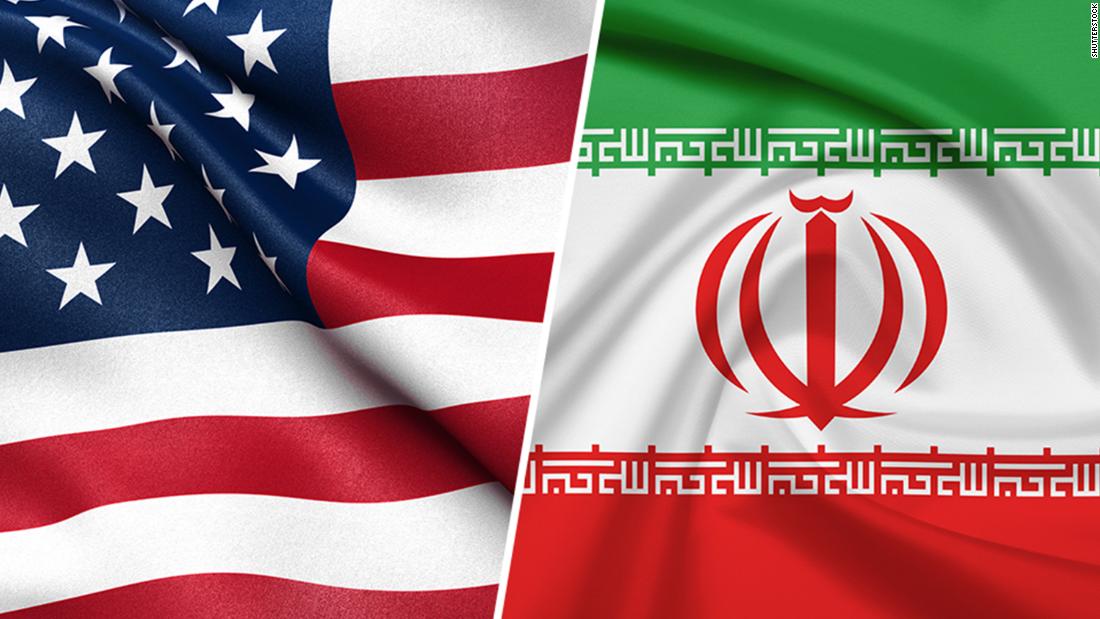
Iran had previously demanded that as a condition of re-entering the deal, known as the Joint Comprehensive Plan of Action, the International Atomic Energy Agency had to close its investigation of undeclared nuclear material found at Iranian sites in 2019. But Iran has now dropped that demand, the senior administration official said on Tuesday.
Reuters first reported the development.
As CNN reported last week, Iran has also officially dropped its longtime demand that the Iranian Revolutionary Guard Corps be removed from the State Department’s list of Foreign Terrorist Organizations. The Iranians also dropped demands related to delisting several companies tied to the IRGC, CNN reported. The Trump administration designated the IRGC as a terrorist organization in 2019 as part of a “maximum pressure campaign” imposed after Trump withdrew the US from the deal in 2018.
Neither demands regarding the IRGC or the IAEA probes were included in the text of Iran’s response last week to a draft nuclear deal agreement proposed by the European Union, officials said. It is possible, however, that if Iran cooperates with the open IAEA investigation prior to the signing of a new deal, that investigation could technically be closed by the time an agreement is officially reached.
The US had insisted during negotiations both that the IRGC remain on the list and that the IAEA be allowed to continue its investigations, so the Biden administration views the Iranian draft response as a significant concession. It is not clear whether Iran has maintained its third key demand, which is that the deal include a mechanism by which Tehran would be compensated should a future US president pull out of the deal.
“This idea that politically we are going to stop doing our job is unacceptable for us,” Grossi added.
In June, Iran retaliated against the IAEA probe by removing surveillance cameras at key nuclear sites, which prohibited inspectors and negotiators from obtaining timely information on the country’s uranium enrichment program.
That camera has still not been turned back on—and the senior administration official told CNN that if Iran wants back into the deal, it will have to agree to “comprehensive inspections” by the IAEA.
“Should we reach an agreement to return to the deal, Iran would have to take many significant steps to dismantle its nuclear program,” the official said, including allowing the IAEA “to implement the most comprehensive inspections regime ever negotiated, allowing it to detect any Iranian effort to pursue a nuclear weapon covertly. Much of that international monitoring would remain in place for an unlimited amount of time.”
Iran would also be prohibited from enriching and stockpiling uranium above very limited levels, denying it has the material required for a bomb, the official said, and would not be allowed to maintain “the 20 and 60%-enriched uranium that it is stockpiling today.”
A deal would also require the removal of “thousands of advanced centrifuges” that Iran is operating, the official said, “including all of the centrifuges enriching at the fortified underground facility at Fordow. Strict limits on Iranian enrichment would mean that even if Iran left the deal to pursue a nuclear weapon, it would take at least six months to do so.”
On Monday, the US State Department spokesperson expressed optimism about the prospects for reviving the deal.
“A deal is closer now than it was two weeks ago, but the outcome of these ongoing discussions still remains uncertain as gaps do remain,” Ned Price said at a State Department briefing.
CNN’s Adam Pourahmadi and Jennifer Hansler contributed reporting.
